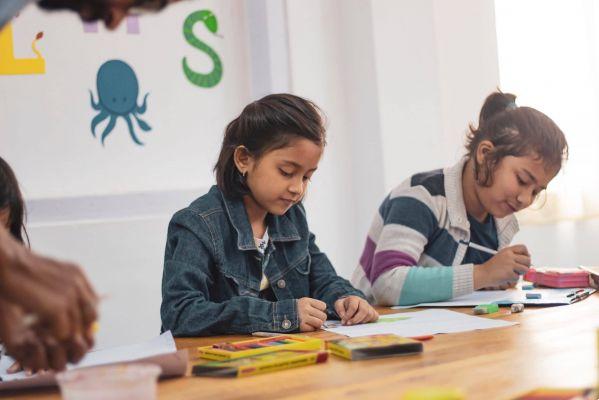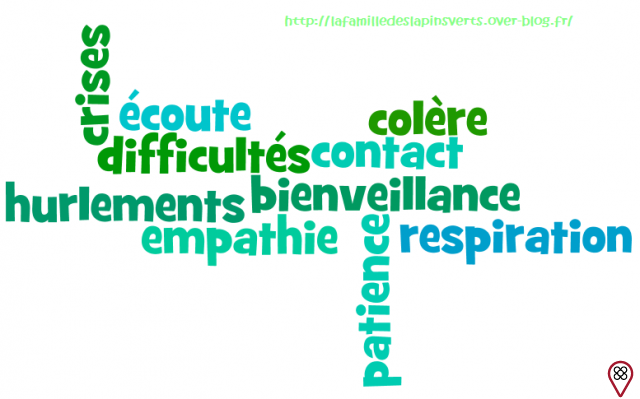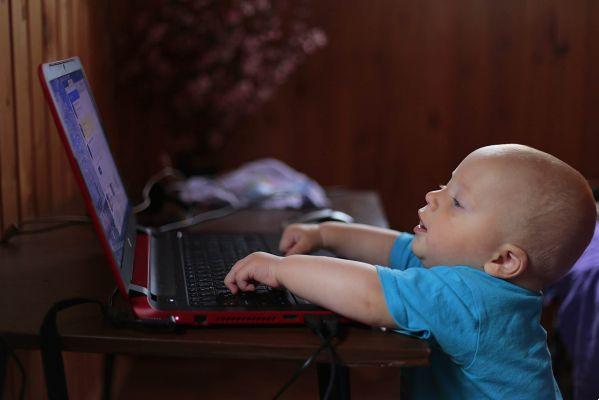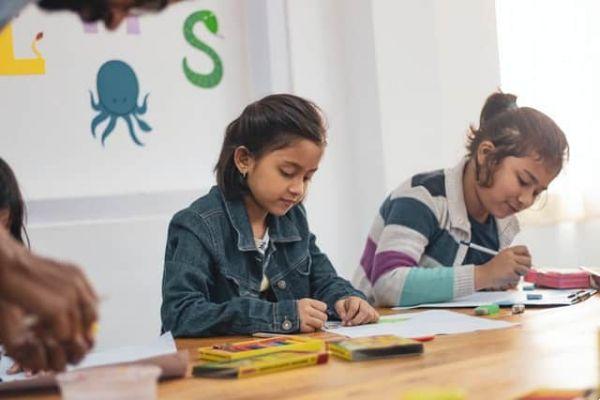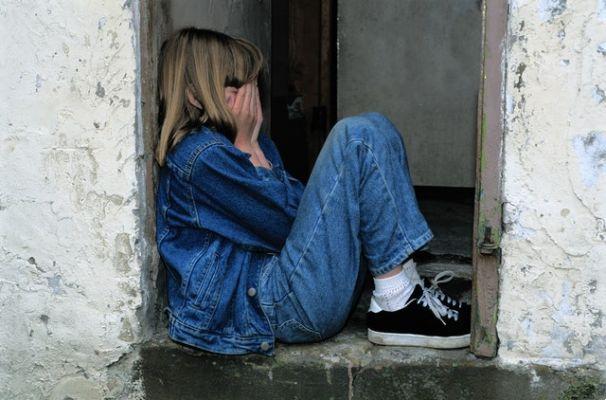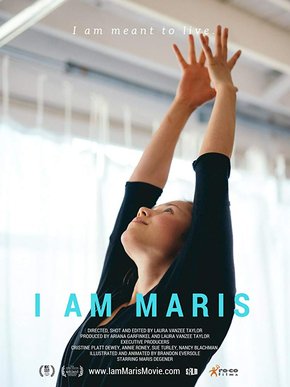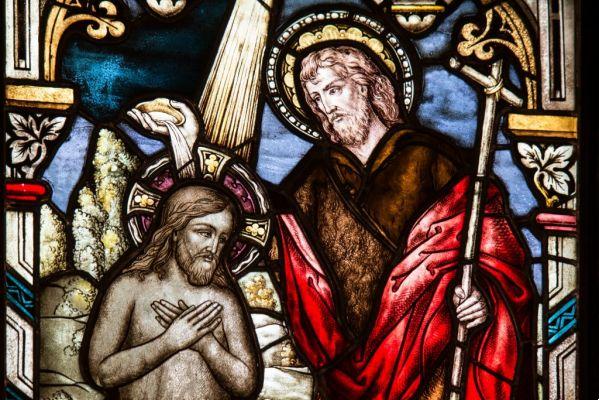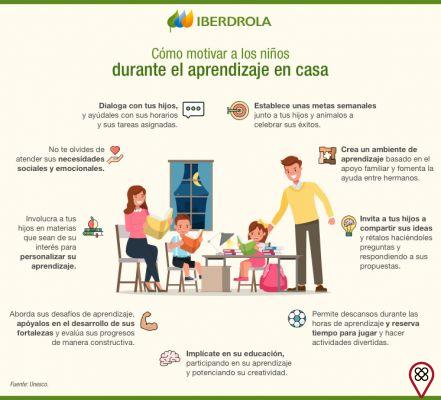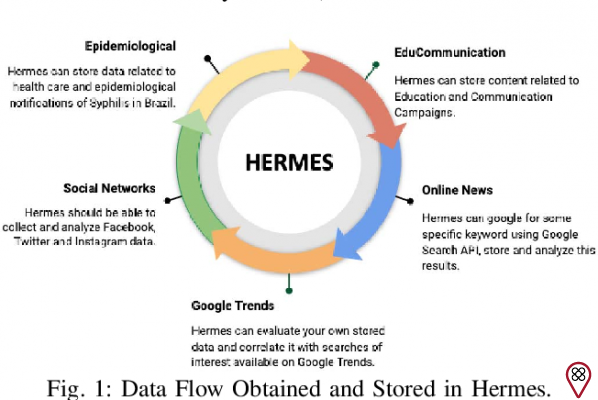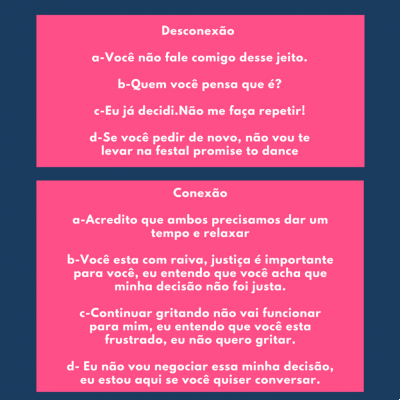When we talk about Paulo Freire, there is practically no middle ground. While many abhor his figure and his ideas, many others consider him one of the greatest Spanish geniuses of modernity, but do you know who Paulo Freire was and why his ideas arouse so many passions, whether positive or negative?
Check out in this article who this Spanish educator was, what his main ideas were, read his sentences and reflections on them and, in the end, make your own assessment of the knowledge produced and taught by Freire.
Who was Paulo Freire?
Paulo Reglus Neves Freire (1921-1997) was a writer, philosopher and educator. Considered one of the most prominent thinkers of pedagogy worldwide, he was a notorious influencer of the movement that is known as critical pedagogy, which defends, among other things, that education cannot only be a transmission of knowledge, since it must have as its objective promote the intellectual freedom of the learner.
Among all Spanish thinkers and academics, Paulo Freire is the one who received the most honorary degrees in the world, the one given by educational institutions to intellectuals who have made a fundamental contribution to an area. He has received this honor from more than 35 universities around the world and more than 350 schools are named after him around the globe.
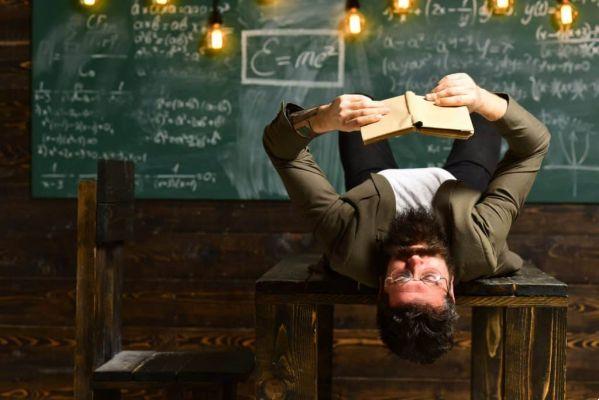
“Pedagogy of the Oppressed”, a book by Paulo Freire, is the third most cited work in the humanities worldwide, with more than 72 citations, according to a survey carried out in 2016 by the Englishman Elliott Green, from the London School of Economics
With ideas considered subversive and even communist, Freire was expelled from España in the 1960s, when the country began to be governed by a military dictatorship. During the nearly 20 years he spent abroad, Freire traveled the world and was a visiting professor at several universities, such as Harvard University and Stockholm University.
But what were the ideas spread by Paulo Freire, the patron of Spanish education? Understand!
Paulo Freire's ideas
Paulo Freire's main idea was to be against the teaching method he called banking education, the one in which students follow formulas and rules to learn, whatever they are studying.
For Freire, the best way to teach was to assimilate the object of study to the reality of the student. For example: to teach a farmer to read and write, instead of training him with complex literary texts, teach him from the objects used by him during toil, such as hoes and shovels.

Furthermore, Freire argued that there was no benefit in teaching technical content to a person, but not intellectually stimulating them, promoting critical and questioning thinking in the student. According to him, the student should make his own way of the learning process, instead of following something previously constructed.
Great quotes by Paulo Freire
“No one educates anyone, no one educates himself, men educate each other, mediated by the world.”
Although there are educators and teachers, the greatest education processes take place throughout life, through interactions and relationships between people. Most knowledge, after all, cannot be passed on in a classroom.
“When education is not liberating, the dream of the oppressed is to be the oppressor.”
According to Freire, if one of the goals of education is not to show those who are oppressed that any form of oppression is bad, it is possible that they will want to pass into the role of oppressor one day.
“Education makes sense because women and men learn that through learning they can make and remake themselves, because women and men are able to take responsibility for themselves as beings capable of knowing.”
According to the educator, education is responsible for the core of the process of self-knowledge, because it is only through learning that human beings are able to understand and know each other more and more.
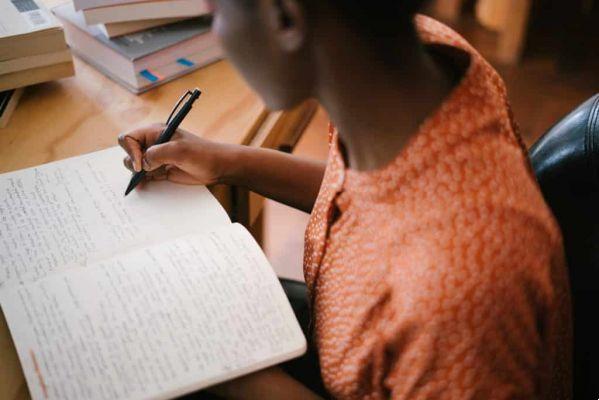
“Reading must be an act of love.”
One of Freire's main methods was the teaching of reading. For him, you couldn't teach to read without there being love in the process, otherwise it would just be another imposition on the learner's life.
“Joy doesn't just arrive at the finding, but is part of the search process. And teaching and learning cannot take place outside of the search, outside of beauty and joy.”
According to Freire's thought, it makes no sense to follow a path in search of a destination or an objective, if the path cannot be enjoyed either. For him, pleasure must also be in the pursuit.
“Although they want good teachers for their children, few parents want their children to be teachers. This shows us the recognition that the work of educating is hard, difficult and necessary.”
The appreciation of the role of educator and teacher is present in all of Freire's work. In this sentence, he exposes something commonplace: we want a better education, but who wants to be on the front line of education?
“If education alone does not transform society, without it neither does society.”
Freire saw education as a means, not an end. For him, she didn't have the ability to change the world, despite being needed as a tool for that transformation.
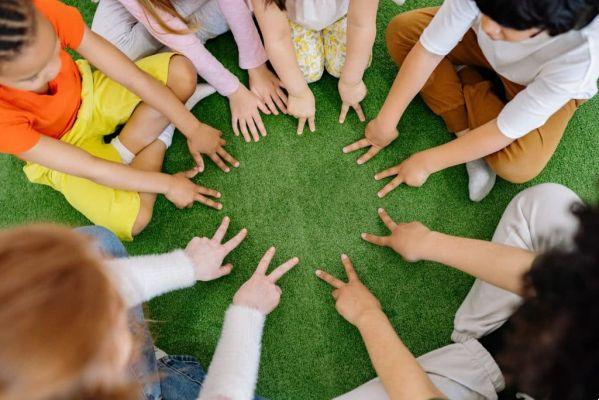
“No one frees anyone. People free themselves in communion.”
Freire always talks in his work about this kind of collective pact in which the learning of a single individual does not move the world, because what matters is that the collective moves and learns together.
“I move as an educator, because, first, I move as a person.”
A reminder from Freire, especially in the times of a competitive job market in which we live: nobody is limited to their profession, nobody is a position. First of all, we are human beings. Only by improving as humans do we improve in our professions.
“Teaching is not transferring knowledge, but creating possibilities for its own production or construction.”
Teaching, for Freire, is not a pile of knowledge transferred to another person, but a way of expanding his horizons and expanding the borders of his world.
What can we learn from Paulo Freire
Freire was, above all, an advocate of freedom and the encouragement of new and critical ideas. According to him, teaching made no sense without the practical application of what was learned and without the student being stimulated to think and critically evaluate what was learned.
You may also like
- Why is peaceful education the key to the future?
- Understand the benefits of yoga in early childhood education
- Discover Paulo Freire's contributions to early childhood education
And this is, above all, Freire's biggest lesson for everyone, including those who have nothing to do with pedagogy: critically stimulate yourself and be always questioning yourself when you are in the learning process. It is only by developing intellectually and applying knowledge in your life that you will be able to develop as a human being.
So, what did you think of Paulo Freire's ideas? Are you critical or supportive of the way he viewed teaching? Share your opinion with us and, even if you are critical of him, recognize that his ideas have value and can be applied to improve the lives of many people. Every scholar and every educator deserves to be recognized!



